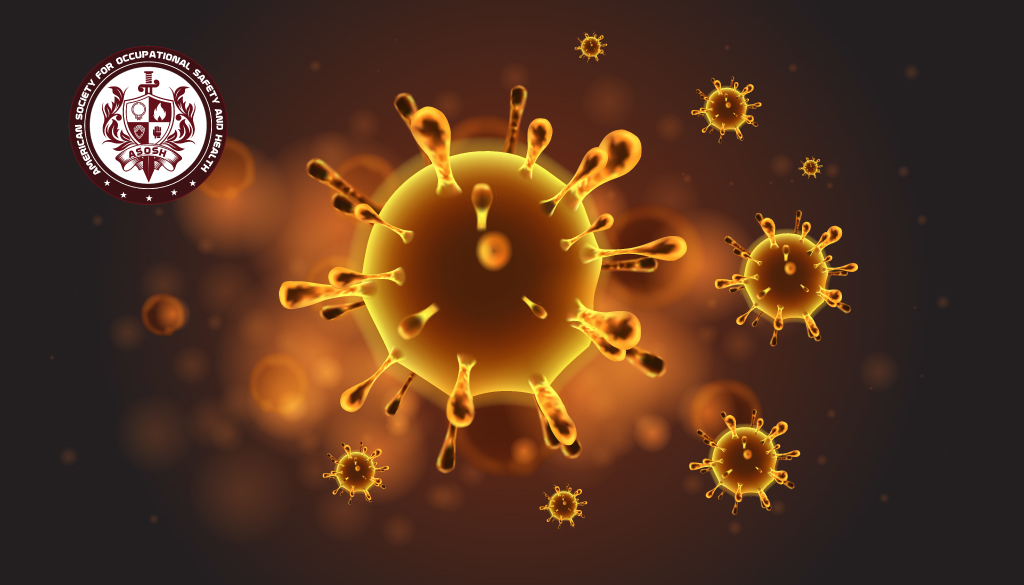Covid-19 is a respiratory illness caused by a novel coronavirus (SARS coronavirus-2 (SARS-CoV-2)) that can affect the lungs and airways. Symptoms include a fever, shortness of breath, breathing difficulties, muscle pain, tiredness, dry cough, dyspnoea (laboured breathing), sore throat, diarrhoea, anosmia (loss of smell), dysgeusia (loss of taste), conjunctival hyperaemia (sore/bloodshot/dry eyes).
As of 11 March 2020, the World Health Organization (WHO) declared coronavirus a pandemic.
The risk of catching Covid-19 depends on where you live or where you have travelled recently.
The risk of severe disease associated with Covid-19 infection for people in the EU/EEA and UK is currently considered moderate for the general population and high for older adults and individuals with chronic underlying conditions. In addition, the risk of milder disease, and the consequent impact on social and work-related activity, is considered high.
Professions likely to have a greater exposure to the virus are health care workers in acute care hospitals, rehabilitation hospitals, mental health hospitals, long term care facilities, emergency departments, and others who work close to their clients or patients.


